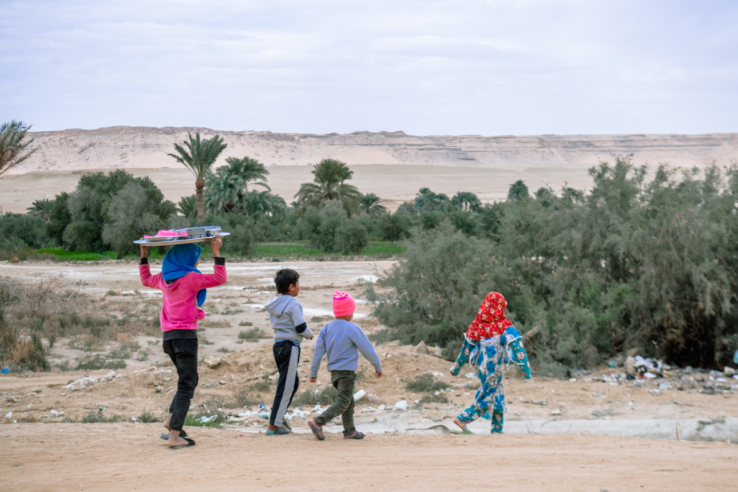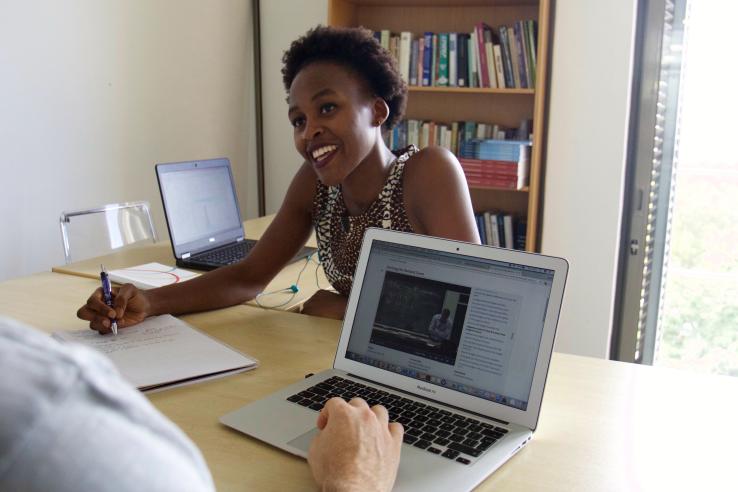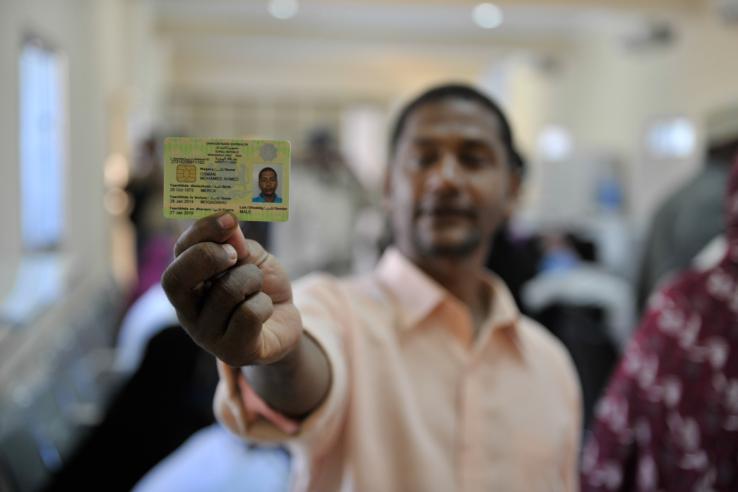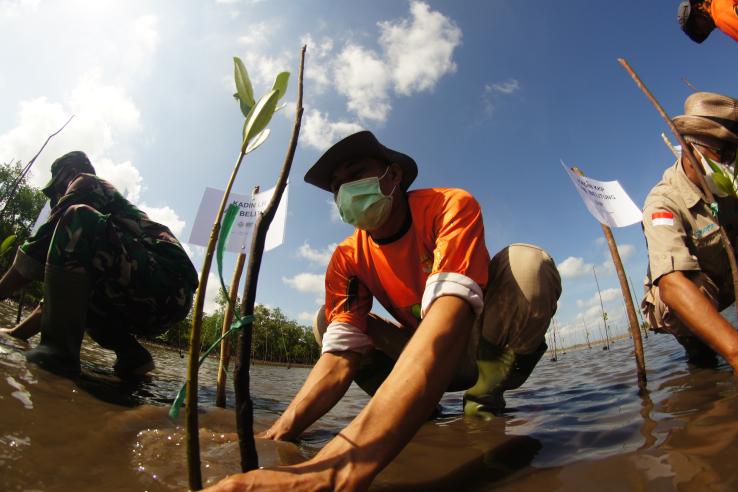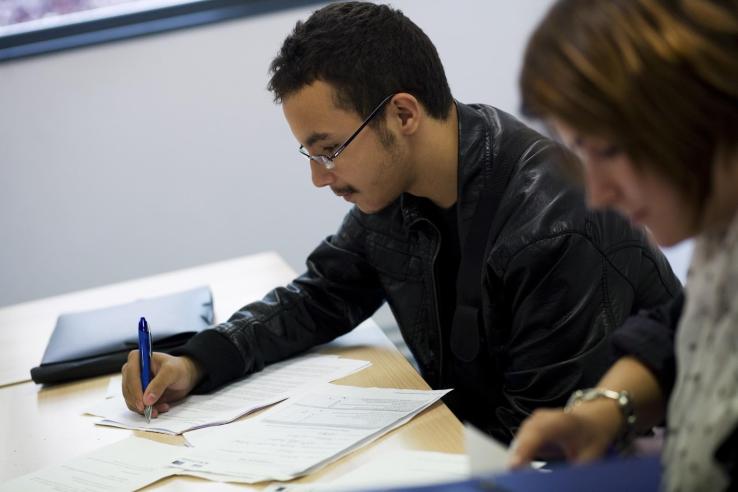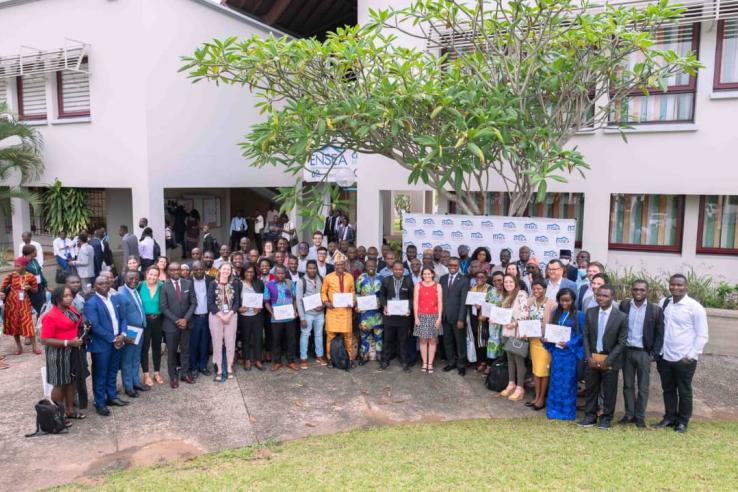Displaying 2701 - 2715 of 8473
Blog
In part four of our Bay Area Evaluation Incubator partner series, Chris Constantine, Director of Data & Evaluation of Hamilton Families reflects on their experiences as an Incubator partner.
Resource
Basic page
Event
Please join us for the upcoming Global Evidence for Egypt spotlight seminar on climate change, which will focus on how evidence from randomized evaluations conducted globally can inform efforts to tackle climate change in Egypt. This seminar is co-hosted by J-PAL Middle East and North Africa at the...
Blog
The impacts of Covid-19, coupled with the war in Ukraine, have made households in Europe more susceptible to energy poverty, particularly as people are bracing themselves for the cold winter months to come. Yet, income losses during the pandemic and rising energy prices in response to European...
Blog
The repository is a collection of resources that introduce the measurement issues, tools, and innovations in a specific topic or question type. It is a companion piece to our Introduction to measurement and indicators and Survey design pages, compiling resources that discuss and provide guidance on...
Update
J-PAL Updates
The September 2022 J-PAL Newsletter celebrated the five-year anniversary of the Data, Economics, and Development Policy MicroMasters program, and featured a blog on mitigating learning loss and upcoming events.
Event
In this virtual panel event, we will gather experts and practitioners who use evidence to design girl-focused programmes to share their lessons on what we know, what we still need to learn, and how we can move forward on gender equity.
Blog
Digital IDs have the potential to transform the delivery of social protection programs and other government services in sub-Saharan Africa through better targeting and reduced leakages. In this podcast, Tavneet Suri, professor of Applied Economics at MIT Sloan School of Management and co-chair of J...
Event
Climate change threatens to reverse decades of progress in global poverty alleviation. To support building climate resiliency and a sustainable environment, this in-person conference will provide insights into the Government of Indonesia’s policy priorities, identify critical policy questions, and...
Blog
The fourth installment of J-PAL North America's Staff Spotlight series features four staff members who have supported our work to expand the evidence base on strategies to reduce and prevent homelessness and encourage long-term housing stability.
Evidence to Policy Case Study
Case study
The French Public Employment Service has incorporated rigorous evidence from randomized evaluations into its decision-making processes to improve employment outcomes of job seekers throughout the country.
Person
Blog
In July, J-PAL organised the “Development Methodologies” summer school for over seventy African researchers and policymakers, in partnership with the French Development Agency, the Fund for Innovation in Development, and the École National Supérieure de Statistique et d’Économie Appliquée of Abidjan...

